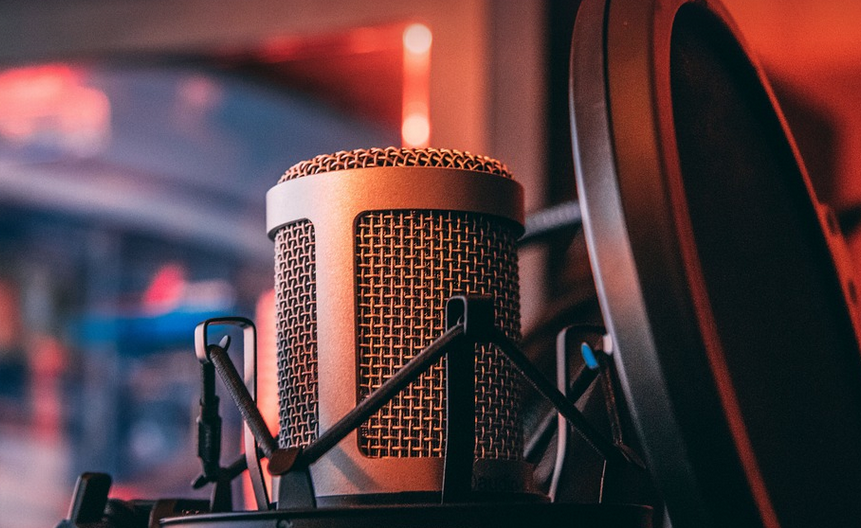Understanding the Price Tag on a Medical Marvel
MRI machines, those technological marvels that offer detailed images of our insides without any incisions or injections, are an integral part of modern healthcare. But just like any other complex medical equipment, they come with a hefty price tag. The cost of an MRI machine can be daunting, especially if you’re unfamiliar with the intricacies of this investment. This guide aims to demystify the process and shed light on what factors influence the cost of an MRI machine in the USA.
Factors that Influence the Price
The price of an MRI machine is influenced by a multitude of factors, each playing a vital role in shaping the final cost. It’s not just about the machine itself; it also involves the expertise needed to operate and maintain it.
**1. Technology:**
At its heart, the price tag reflects the technology embedded within the machine. A basic MRI machine will offer functional imaging but lacks advanced features like 3D reconstruction or contrast-enhanced capabilities. These advanced functionalities come at a higher cost. The type of coil used significantly affects the price too. Specialized coils for specific body parts, such as the brain, chest, or limbs, are more expensive.
**2. Machine Size and Configuration:**
The size of an MRI machine plays a crucial role in dictating its cost. Large-bore machines, which cater to patients with larger bodies, come at a steeper price than their smaller counterparts. Furthermore, the number of coils, the presence of integrated software, and other features influence the final price.
**3. Brand and Reputation:**
A well-known brand like Siemens, Philips, or GE Healthcare carries prestige and often offers higher quality and durability. Their machines are often more expensive due to their reputation for reliability and robust performance. However, it’s crucial to remember that not all high-priced brands necessarily mean the best option.
**4. Installation Costs:**
Installing an MRI machine is a complex endeavor requiring specialized skills and equipment. The cost of installation encompasses connecting the machine to power grids, ensuring proper ventilation, installing cooling systems, and setting up the necessary software. These costs depend on the location’s infrastructure and the complexity of the installation.
**5. Maintenance and Training:**
Maintaining an MRI machine isn’t a simple task; it requires specialized technicians with in-depth knowledge and expertise. The cost includes regular servicing, calibration, replacement of consumables like parts, and training for the staff who operate and maintain the machine.
**6. Government Grants and Incentives:**
In some cases, there may be government grants or incentives available to hospitals looking to invest in new technology. These programs can significantly reduce the upfront costs of purchasing an MRI machine. It’s crucial for potential buyers to explore these options and weigh their impact on the final financial burden.
Breaking Down the Cost
The cost of an MRI machine is not a fixed number; it varies widely based on the factors mentioned above. Here’s a general breakdown:
**1. Basic Machines:**
These machines, while functional, may lack advanced imaging capabilities and cost around $500,000 to $750,000.
**2. High-End Machines with Advanced Features: **
Machines equipped with cutting-edge features like 3D reconstruction or contrast-enhanced capabilities can reach prices starting from $1.5 million and exceeding $4 million for the most advanced models.
**3. Specialized Machines:**
Specialized machines designed to cater to specific body parts, such as the brain, chest, or limbs, often come at a significantly higher price due to their specialized design and increased complexity. These can range from $2 million to over $5 million.
Financing Options
Purchasing an MRI machine is a sizable investment for healthcare facilities. Fortunately, several financing options are available to ensure affordability. These options include:
- **Leasing:** This option involves making monthly payments over a specified period of time, with the ownership of the machine remaining with the vendor.
- **Loan Financing:** Banks and financial institutions offer loans specifically tailored for medical equipment purchases. These loans provide flexible terms and repayment schedules, helping users navigate the cost.
Conclusion
Investing in an MRI machine is a significant decision for healthcare facilities. Understanding the factors that influence its price allows for more informed choices when exploring potential options. By considering the various features, maintenance costs, financing options, and government incentives available, one can make the most of this vital investment.
